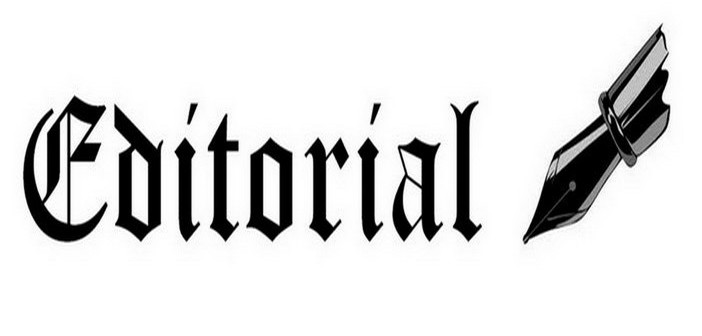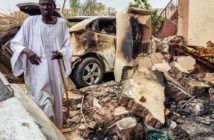The Sahel will be the next field of Islamic insurrection.
Since the 1970s, with the sudden uprising of al-Qaeda in Afghanistan, the revival of militant political Islam, “jihadism”, has been bouncing across the Arab-Muslim world.
As the Islamic State’s adventure comes to an end (the Iraqi and Syrian capitals of Mosul and Raqqa have fallen into the hands of its Shiite and Kurdish opponents supported by the armies of the Western coalition), a new battlefield is becoming in the Saharan region, in the Sahel more precisely, as with the waterbed effect, the jihadist center that developed there in 2012 is now expanding, while the phenomenon is less strong in the Middle-East.
In 2012, a Tuareg revolt broke out in northern Mali against the indifference of the government of Bamako to the destiny of this region; a revolt made possible by the return to northern Mali of Tuareg militiamen hitherto employed by the Libyan head of state, Muammar Gaddafi, overthrown, in the context of the Arab Spring, partly a decision of the Paris and London agreements, with the downstream collusion of Washington. It was thanks to the chaos that followed in Libya that these Tuareg groups, after having looted the arsenals of the deceased Libyan regime, returned to Mali to carry the armed protest.
Taking advantage of this insurgency, several Islamist armed groups formed under the aegis of Iyad Ag Ghali, the organization Ansar ed-Dine (the Defenders of Religion), which was quickly allied to the Tuareg and Arab protest movements, of which it has taken control of a significant part of the fighters, but also the North African branch of al-Qaeda (al-Qaeda in the Islamic Maghreb – AQIM).
Suddenly, the rebellion which originally aimed at creating an independent state that would have covered the northern half of the country, the Azawad, turned into a holy war for the restoration of the original purity of Salafist Islam.
The spectacular military advance of the insurgency was such, threatening to reach the Malian capital of Bamako, that the French army finally intervened in 2012: Operation Serval was supposed to repel the invasion become almost exclusively Islamist and “free” (from its own population, mostly linked to the jihadists) the northern cities of Timbuktu, Gao and Kidal.
If the forces of the former colonial power which are still very active in Equatorial Africa managed to expel jihadists from urban centers, the operation Barkhane (who succeeded Serval) is bent on a resilience of the Islamist phenomenon, well anchored in the countryside and still shifting among urban populations, and which continue to expand in new forms and developing new strategies. The Minusma (UN force deployed in Mali, in parallel with Barkhane, to restore peace and to help the Malian state to resettle in rebel areas) has also suffered many lethal attacks, including in August 2017, when the administrative center was stormed in the heart of the city of Timbuktu.
The Islamist guerrilla did not disappear from northern Mali – on the contrary – it has won the entire center, threatening Bamako again.
Moreover, the phenomenon has extended beyond the borders of Mali and is spreading throughout the Sahel, with the support among other factors, of fighters who recently arrived from Syria and Iraq…
An expansion that further worries the neighbors of Mali, but also the European Union. That is why, at the initiative of Brussels and Paris, Mali, Mauritania, Niger, Burkina Faso and Chad took the decision to revitalize the G5-Sahel (G5S) they had founded in February 2014 to fight together against the regional security threat of the Saharan jihadism, by creating a common anti-terrorist force which was finally operational on February 2017.
However, despite the gestures of President Macron and the French presence (increasingly challenged by the rural population of the Sahel, and criticized by those in the capitals concerned), the results are disappointing, very inconclusive.
Moreover, it is the G5S itself which is going to the dogs. The worm indeed, is in the fruit; all the actors do not really play fair…



